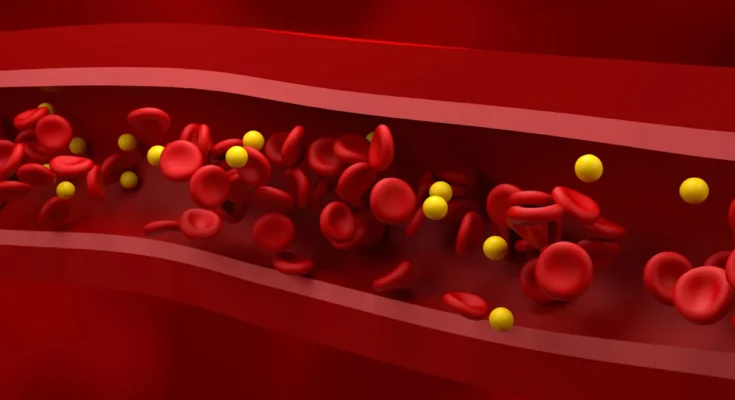Intermittent fasting involves eating at certain intervals during the day. Now researchers have examined the effect of eating early or late on fat metabolism – and found a demonstrable difference.
Anyone who fasts intermittently reduces the risk of developing obesity or diabetes. Nutritionists around the world agree on this. With intermittent fasting, eating is limited to a certain period of time per day, which according to common methods should be eight to ten hours long. However, until now it is not clear whether and what effect meal times have on metabolism.
Researchers have now discovered that meal timing actually has a measurable influence on fat metabolism. A new study conducted by the German Diabetes Research Center (DZD) and the German Institute for Nutrition Research Potsdam-Rehbrücke (DIfE) shows that eating earlier in the day significantly changes the way fat is processed in the body – even with the same calorie intake and nutrient composition.
In the randomized study, the research team led by Prof. Olga Ramich studied 31 women with overweight or obesity who followed an eating window from 8 am to 4 pm. for two weeks and then a window from 1 p.m. until 9 p.m. for two weeks; each with identical calorie and nutrient intakes. Blood was drawn from participants before and after each phase and additional samples were taken from subcutaneous fatty tissue in the abdomen after the intervention.
The researchers then analyzed, among other things, more than 300 lipids and lipid-like molecules in blood plasma as well as gene activity in body fat – and found clear differences. “We saw that meal timing influences the regulation of fat metabolism,” explains nutritionist Ramich. “Eating early – i.e. in accordance with the internal circadian rhythm – causes measurable changes in lipid profiles and enzyme activity, whereas eating late does not show these effects.”
Fat tissue reacts to meal times
Using modern lipidomics – a comprehensive study of all lipids and their metabolites – the researchers found that only early feeding caused significant changes. Concentrations of 103 types of lipids decreased, including ceramide and phosphatidylcholine, which are considered risk factors for type 2 diabetes and cardiovascular disease. The activity of certain enzymes involved in fat metabolism also changes significantly when eating earlier.
The team also examined gene activity in fat tissue. Differences were found in the glycerophospholipid metabolic pathway, which is involved in cell membrane formation and regulation of inflammation. “Our analysis shows that fat tissue reacts differently to early and late feeding,” Ramich said. “In this way, we were able to identify specific signaling pathways previously unknown to be involved in mealtime effects.”
Even if classic blood parameters such as cholesterol or triglycerides remain unchanged, according to Ramich, the molecular data illustrate the potential of the new analysis method: “They suggest that synchronizing nutrition with the internal clock could be an effective strategy to optimize fat metabolism and prevent metabolic disease.”
rc



